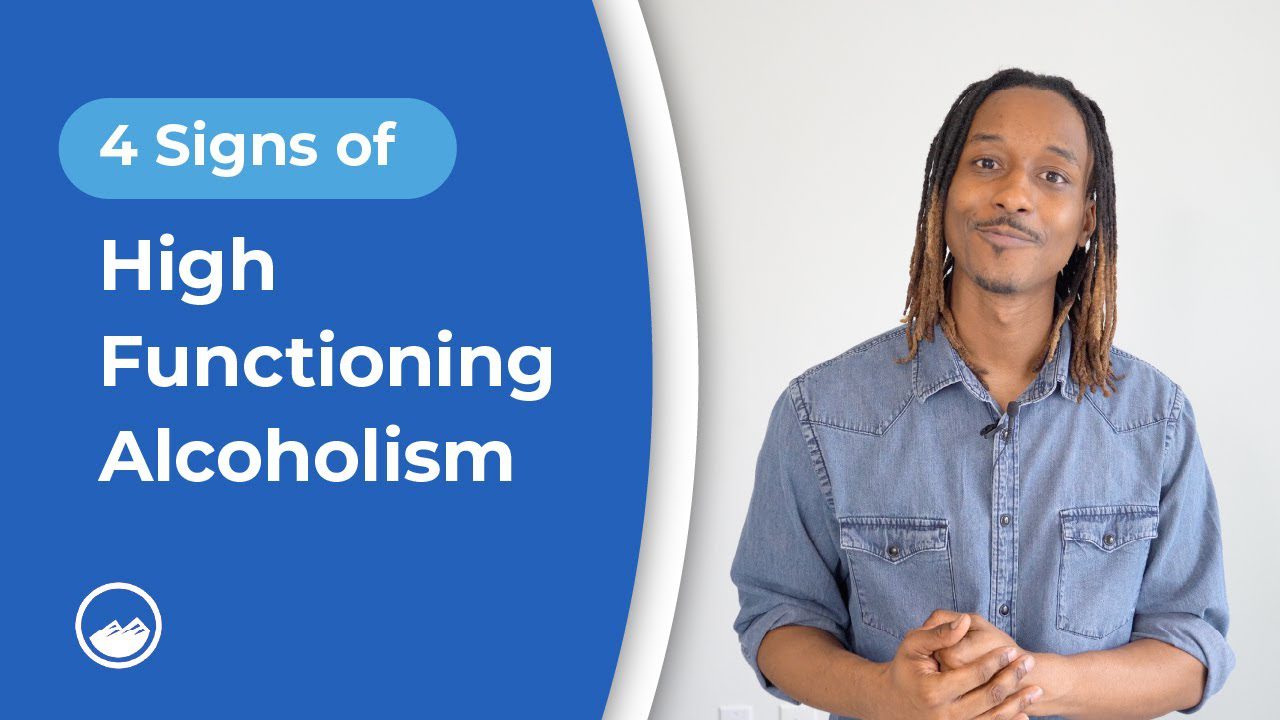Alcoholism vs. High Functioning Alcoholism
When you think of an alcoholic, you probably think of the extreme case: constantly drunk, life falling apart, drinking 24/7. While this is common, alcohol dependence and addiction look different for everyone who struggles with it.
Getting a drink with a friend, buying a six-pack for the game, pouring your significant other a glass of wine over dinner? These ordinary moments show just how normalized drinking has become in our culture and society. High-functioning alcoholics appear to be just fine in these settings despite having a drinking problem that they’ve acknowledged, or others have noticed.
Alcoholism, a common substance use disorder, affects about 28.1 million adults in the United States alone as of 2023. Many of these individuals started drinking to wind down, calm their nerves, or cope with stressful situations. Typical effects of alcoholism include:
- Denying that they’re facing an issue
- Strong physical cravings and anxiety until drinking
- Unable to control the amount once starting
- Needs alcohol as soon as they wake up
- Frequent solitary drinking and hiding alcohol
- Poor hygiene and missed meals
- Declining work performance
- Money problems from alcohol spending
- Strained or broken relationships
- Ongoing health issues despite consequences
- Multiple failed attempts to quit
Comprehensive Levels of Care
No matter where you are in your recovery journey, our levels of care are personalized to your unique needs.
4 Signs You May Be a High-Functioning Alcoholic
- You Consume Alcohol to Cope
- Stress is universal, and there are many ways to cope with it. But often, alcohol addiction and dependence highlight drinking as an unhealthy way to cope with challenges. Alcohol can dull some emotions, but this doesn’t necessarily remove everyday stress and anxieties around the alcohol problem.
- You Often Drink Excessively
- Drinking to the point of a hangover often can signal an alcohol dependency. Withdrawal symptoms when you don’t drink is another telling sign. In an attempt to quit, you might set limits on how much and how often you can drink. Sadly, in these situations, these limits are often breached when not guided by a professional.
- You Consume Alcohol for Every Occasion
- Drinking alcohol at weddings, birthdays, sporting events, and vacations is not unusual. But it develops into a problem when alcohol becomes a main priority. Making plans that revolve around whether you will have access to alcohol is a major concern. Changing plans because of cravings or looking for excuses to drink can suggest you’re a functional alcoholic.
- You Use Alcohol to Relax
- Having a drink to wind down after a long day may not seem like a big deal to most, and for some, it isn’t. However, if you are absolutely unable to go to bed or calm down without having a few drinks (which often turns into a lot more than a few), that’s an issue.
Find the Right Facility for Your Needs
Explore our treatment center locations and find an option that works for you.
Take Steps Toward Healthy Change With Alcoholism Treatments
Admitting that your alcohol use could be an issue is a big step, but knowing what to do next can be difficult. Feeling angry, frustrated, saddened, or ashamed in this situation is totally okay. We understand that overcoming an addiction is difficult—but it’s possible.
Your doctor can provide guidance on treatment programs and also assess whether your physical health has been affected by alcohol use. There are also community meetings like Alcoholics Anonymous and SMART Recovery that provide peer support as you start your healing.
High-functioning alcoholism can be masked by career success and social stability. At Sandstone Care, we offer a full continuum of care for teens and young adults struggling with substance abuse and co-occurring mental health disorders. Let us help you or your loved one start recovery with treatment that fits your life.









